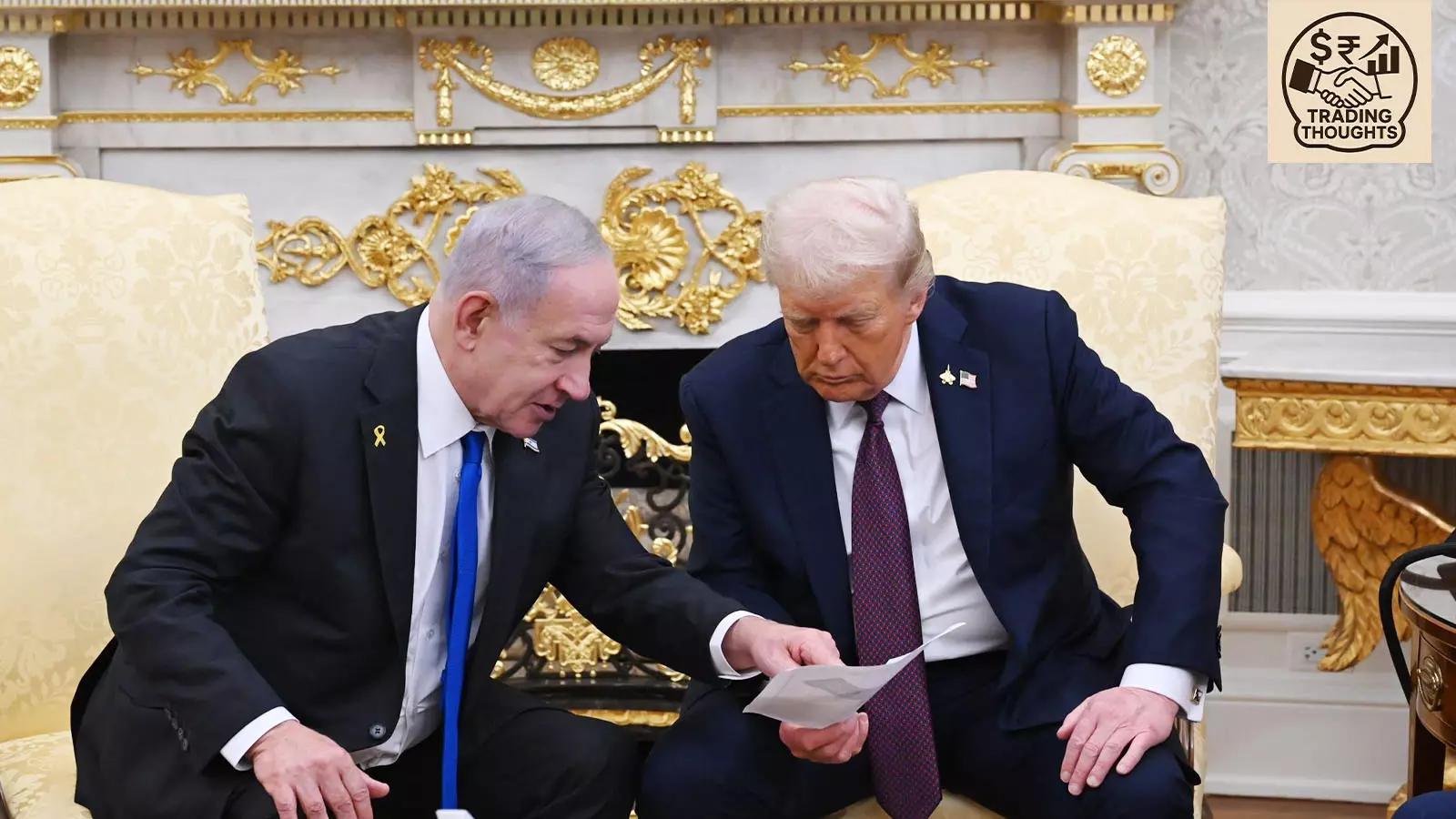
- Home
- India
- World
- Premium
- THE FEDERAL SPECIAL
- Analysis
- States
- Perspective
- Videos
- Sports
- Education
- Entertainment
- Elections
- Features
- Health
- Business
- Series
- In memoriam: Sheikh Mujibur Rahman
- Bishnoi's Men
- NEET TANGLE
- Economy Series
- Earth Day
- Kashmir’s Frozen Turbulence
- India@75
- The legend of Ramjanmabhoomi
- Liberalisation@30
- How to tame a dragon
- Celebrating biodiversity
- Farm Matters
- 50 days of solitude
- Bringing Migrants Home
- Budget 2020
- Jharkhand Votes
- The Federal Investigates
- The Federal Impact
- Vanishing Sand
- Gandhi @ 150
- Andhra Today
- Field report
- Operation Gulmarg
- Pandemic @1 Mn in India
- The Federal Year-End
- The Zero Year
- Science
- Brand studio
- Newsletter
- Elections 2024
- Events
- Home
- IndiaIndia
- World
- Analysis
- StatesStates
- PerspectivePerspective
- VideosVideos
- Sports
- Education
- Entertainment
- ElectionsElections
- Features
- Health
- BusinessBusiness
- Premium
- Loading...
Premium - Events

Trump’s weaponisation of tariffs, Netanyahu’s devastation of Gaza signal collapse of global rules driven by hegemonic agendas that exploit law, trade, and war
When kitchen sinks and upholstered furniture become matters of national security, it is a clear signal that nations must confront the aggressive advance of a seemingly rogue hegemon. This power has already wreaked havoc across the global economy through a regime of predatory tariffs.
These measures include unilateral reciprocal tariffs under the contested International Emergency Economic Powers Act (IEEPA)—whose fate the American Supreme Court will decide in November—and a series of sectoral tariffs on steel, aluminium, copper, cars, and car parts.
The underlying strategy appears to be a forced deindustrialisation of trading-partner countries. While Trump frames these tariffs as a measure to stop a “flood” of goods, their true function is to provide a protective cushion for domestic industries.
The latest escalation targets patented drugs and a range of household goods, which are all justified under the controversial Section 232 national security provisions.
Tariffs on drugs, household goods
On September 25, President Donald Trump announced another round of aggressively unilateral tariffs, including 100 per cent on patented pharmaceutical products, 50 per cent on kitchen-related items, 30 per cent on upholstered furniture, and 25 per cent on heavy trucks—all under the Section 232 National Security provisions.
Also read: Build in America or pay: Trump tariff threat rattles Indian drugmakers
His justification for these tariffs was explicit, in his Truth Social posts on September 25:
- “Starting October 1st, 2025, we will be imposing a 100 per cent tariff on any branded or patented pharmaceutical product, unless a company IS BUILDING their Pharmaceutical Manufacturing Plant in America. “IS BUILDING” will be defined as, “breaking ground” and/or “under construction”.”
- “We will be imposing a 50 per cent tariff on all kitchen cabinets, bathroom vanities, and associated products, starting October 1st, 2025.”
- “In order to protect our great heavy truck manufacturers from unfair outside competition, I will be imposing, as of October 1st, 2025, a 25 per cent tariff on all “Heavy (Big!) Trucks” made in other parts of the world.”
Flawed legal basis
The legal basis for such actions is tenuous at best. Imposing tariffs under national security provisions typically requires conditions of an active war; otherwise, it's considered illegal.
This was the precise ruling of a World Trade Organisation (WTO)dispute settlement panel in December 2022, which stated that tariffs on steel and aluminium ought to have been “taken in time of war or other emergency in international relations.” No such emergency existed to warrant President Trump’s first-term tariffs.
Now, the same Section 232 mechanism is being pushed to an absurd extreme. The inclusion of items like kitchen sinks and bathroom vanities under national security provisions stretches credulity.
Also read: Why tariffs won’t make America a manufacturing giant again
As Professor Eswar Prasad, a trade policy expert at Cornell University, told The Guardian: “It is difficult to see how some of the products subject to tariffs have anything to do with national security, even broadly defined.”
Global deindustrialisation
The underlying strategy appears to be a forced deindustrialisation of trading-partner countries. While Trump frames these import tariffs as a measure to stop a “flood” of goods, their true function is to provide a protective cushion for domestic industries.
Not long ago, at the Munich Security Conference, when a moderator highlighted the dangers of a world without rules, EAM S Jaishankar reportedly rebutted that India quite liked the transactionalism baked into this survival-of-the-fittest scenario.
However, the administration’s demands go far beyond protectionism. It is coercing major companies—in the automobile, pharmaceutical, and other sectors with significant US imports—to invest directly in the United States to avoid these punitive tariffs.
As the ultimatum on pharmaceuticals makes clear: “there will, therefore, be no tariff on these pharmaceutical products if construction has started.”
The message is unambiguous: to fuel ostensible job creation in the US, other nations must suffer a wholesale transfer of capital and technology. The resulting deindustrialisation abroad is seemingly an acceptable cost for American prosperity, achieved by hook or by crook.
New crooked world order
Yet, why does the US face so little resistance? Other powerful economies—the European Union, Japan, and India—have so far been unable to mount a unified front. This may be a symptom of a new, crooked world order.
Even China, which previously stood its ground and seemingly shook the Trump administration, now appears to be taking a backseat in forging a global alliance to counter the collapse of multilateral institutions.
The deindustrialisation of nations, spurred by Trump's tariffs, is seemingly an acceptable cost for American prosperity, achieved by hook or by crook.
Confronted with these ugly realities, India and several other countries are now demanding a reform of the UN and other multilateral institutions. External Affairs Minister S Jaishankar has argued that conflicts, a lack of resources, and terrorism have left the UN “gridlocked”, with its diminishing ability to forge common ground eroding faith in multilateralism.
This newfound concern, however, rings somewhat hollow.
Not long ago, at the Munich Security Conference in February, when a moderator highlighted the dangers of a world without rules, the EAM reportedly rebutted that India quite liked the transactionalism baked into this survival-of-the-fittest scenario.
Also read: Netanyahu says Israel 'must finish the job' against Hamas in Gaza
Just seven months later, it seems a proverbial eureka moment that India now laments the erosion of the UN and WTO. It is evidently easier to close eyes to the ongoing genocide in Gaza than to squarely fault the collapse of the multilateral system itself.
Two scary developments
Two disturbing, though parallel, global developments have caused widespread anguish in recent months. On one front, the unrelenting devastation in Gaza has reached a scale that appears to surpass post-Holocaust thresholds of ethnic cleansing and mass destruction, actions largely carried out by the self-proclaimed regional hegemon, Benjamin Netanyahu.
On another, the Trump administration’s near-daily imposition of tariffs has systematically undermined the multilateral trading system, leaving its guardian, the WTO, in disarray and at risk of permanent irrelevance.
Just as Gaza and other occupied Palestinian territories endure unprecedented destruction, the global rules-based trading system is experiencing a parallel erosion. This decay is propelled by two rogue hegemons: one operating on a global stage, and the other on a regional level.
(The Federal seeks to present views and opinions from all sides of the spectrum. The information, ideas or opinions in the articles are of the author and do not reflect the views of The Federal.)


